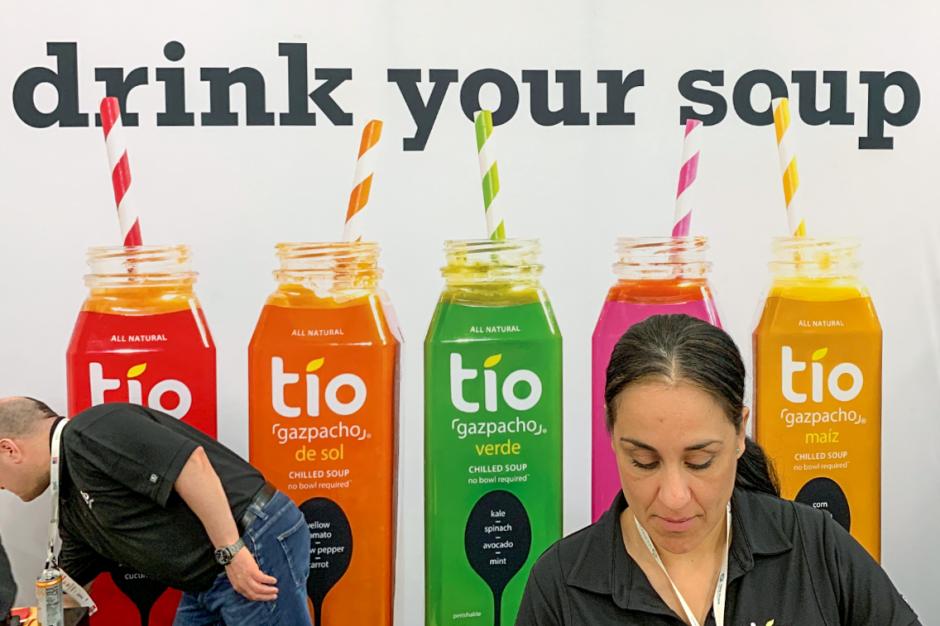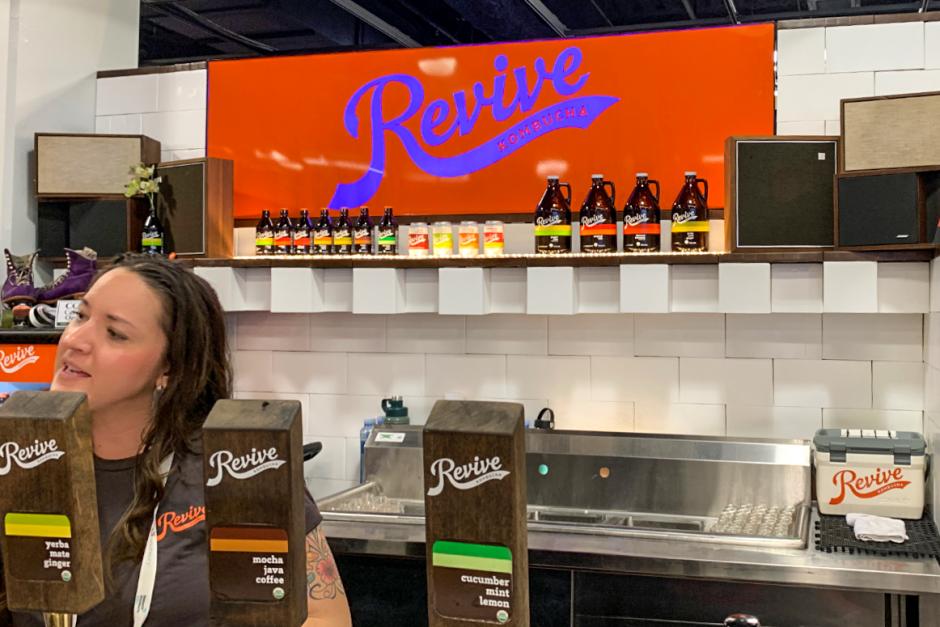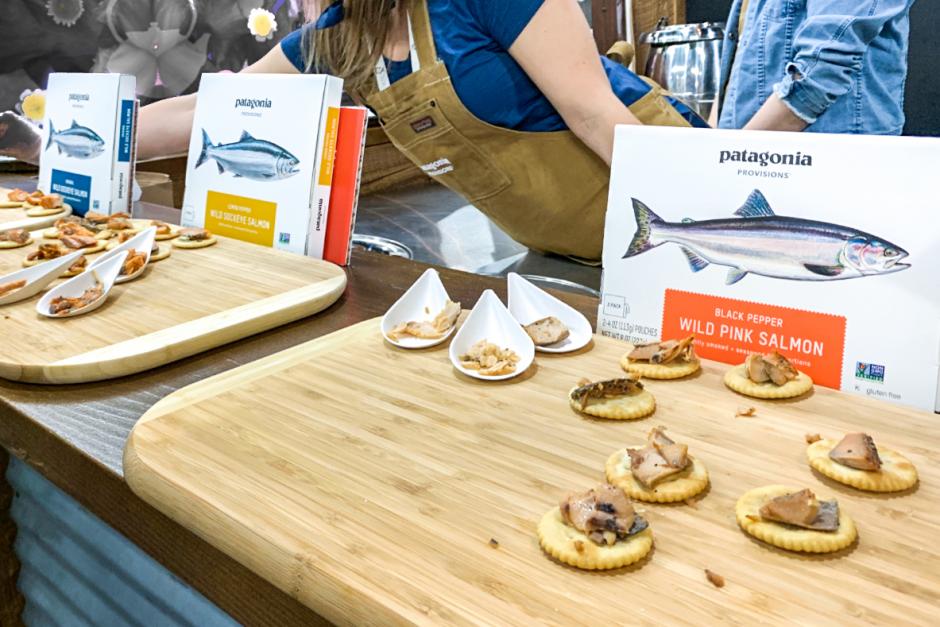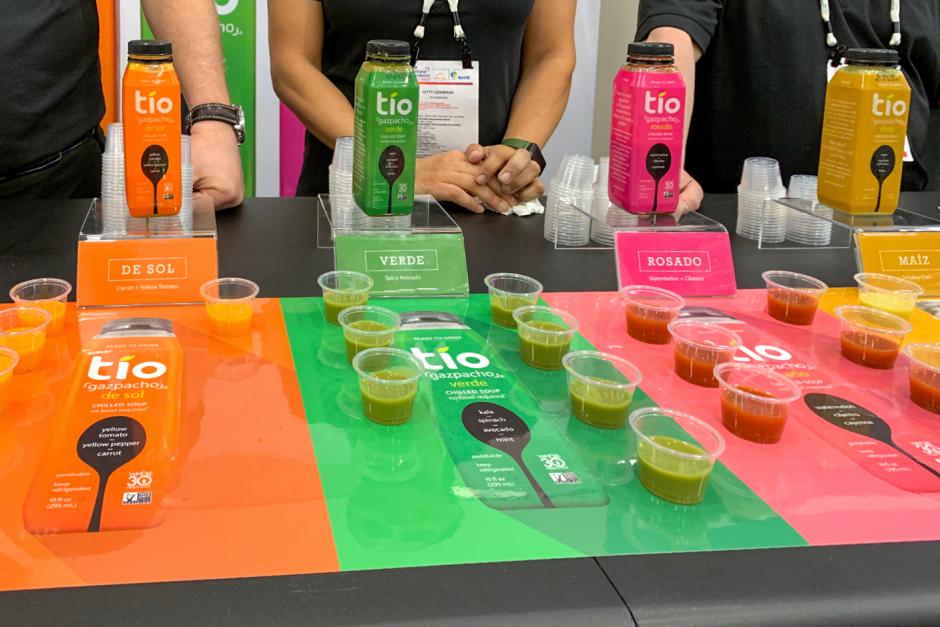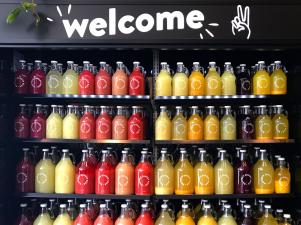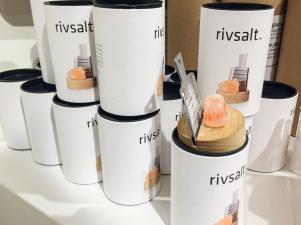Insights from Expo West
With plant-based proteins, next wave gluten-free, CBD-drenched foods on the rise – how does anyone translate a plethora of products from 3,500 exhibitors at the Natural Products Expo West into actionable insights?
Todd Olsen of Olympic Range Creation has the answers. For our interview, Todd explores the niche themes he experienced at the Anaheim tradeshow and expands on his recap “Let’s just say the plants are winning”.
Hi Todd, We’re really excited to showcase your perspective from the world’s largest natural, organic, and healthy products event. As it pertains to food labeling, there’s been a lot of debate and criticism of marketing claims within the segment. Before we start, let’s talk about the evolution of natural/organic/healthy foods and what that term means to you. The funnel tightened up pretty quickly from natural to GMO-free to certifications like Non-GMO project to Organic. Now I think special diets may be usurping the traditional certifications. There are Keto, Paleo and Vegan certifications that probably have blurred lines across the original certifications. In other words, if it’s Paleo certified, do we care more about that than organic? For some, the answer is probably “yes”.
From your experience at Expo West, is brand and label transparency up to date with consumers expectations? I think one interesting thing is the name “Natural Product Expo.” I read an article asking the valid question, “if we generally agree that the word ‘‘natural’ has lost its substantive meaning, then what is the compass of the expo?” A lot of the foods I saw, I thought, it would be way better to just go ahead and eat a bag of Cheetos Flamin’ Hots.
An example: I saw so many plant-based meat substitute products that tasted very close in flavor and texture to their animal counterparts. As a point of entry into the culinary plant kingdom, it’s fine but what they do to soy or whatever to get it to taste like a fish stick? If you had full transparency to the process, which probably involves a lot of chemistry and ingredients you have never heard of, would you still eat it? If you were worried about GMOs, are you sure these soy-based products are non-GMO Project verified?
Now that we’ve set the stage, let’s dive into macro themes of wellness, conscious reset, and sustainability. What’s on the horizon? My “watch this space” is Patagonia Provisions – getting into salmon, bars, jerky, soup and beer under the banner of sustainability. Their brand has always been at the intersection of quality, sustainability, and fashion. Will it translate into food? And will people pay the “Patagucci” premium for an item that is one-and-done versus something you wear a thousand times and return when the seam finally tears? Finally, are they going to generate enough demand to actually change the supply-side or are they just making a brand statement?
In your LinkedIn post, you mentioned Tio “gazpacho style” drinking soups being HHP processed. Do you feel like the exhibitors are responding to consumers increasing concerns about food safety?
I actually think HPP is more of a shelf life play than a safety play. The retailers require you to have insurance and I think it would be hard to sell-in a non-pasteurized juice product with under seven days shelf life if it wasn’t a tightly controlled store brand.
The other side is consumer perception that HPP (high pressure pasteurization) is fresher and keeps more of the nutrients intact versus heat pasteurization. And I think it’s true. Tio drinking soups had really nuanced, fresh flavors that tasted like they were right out of your blender. You can’t get that with heat pasteurization.
A positive sign is it looks like costs may be coming down on HPP based on the retail prices I saw. What would have been a $6.99 product was now getting in under the $5 price point.
It helps that Tio has excellent packaging that communicates freshness. Really good packaging still wins on shelves and at overcrowded trade shows. I saw this with Tio, Oatly, Revive Kombucha and many others. If the industry didn’t get the memo when RX Bar was purchased for $600 million...
Another fun trend we saw via your Instagram targeted parents and kids. Tell us more. I loved this “micro-segmentation” play which is offering a very specific product for a very specific, critically important moment in time for parents. Mewe did that with nut butters that condition your kid's system to blunt peanut allergies. The brand has a nice approachable versus naturopathic or dietary supplement look. Another interesting example was a naturopathic earache treatment, which any parent would buy for $7.99 before having to go to the pediatrician or urgent care for antibiotics. Training toothpaste was another fun one from a brand called Hello.
What else is on your mind? There’s always room for a damn good product like Gelato Fiasco.
Insight Location
Photo Credits
Photography by Todd Olsen

